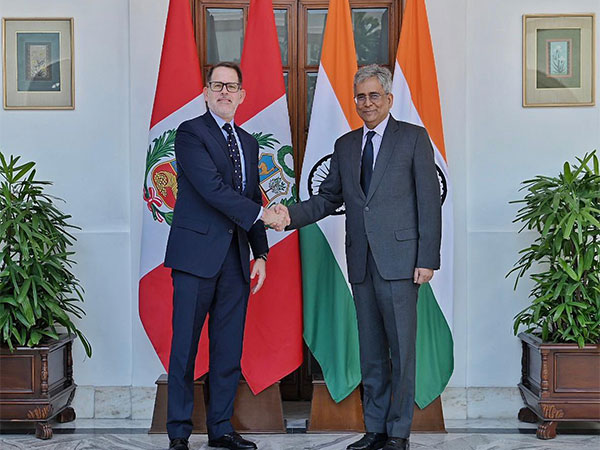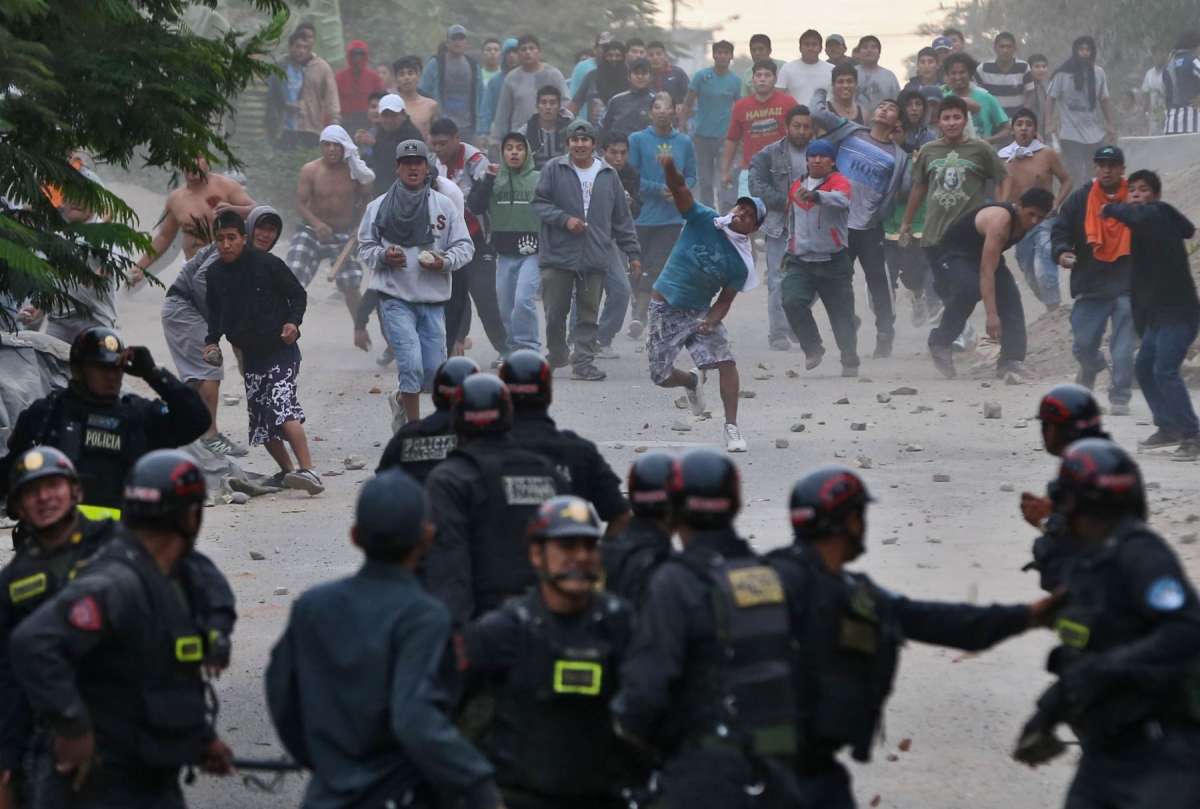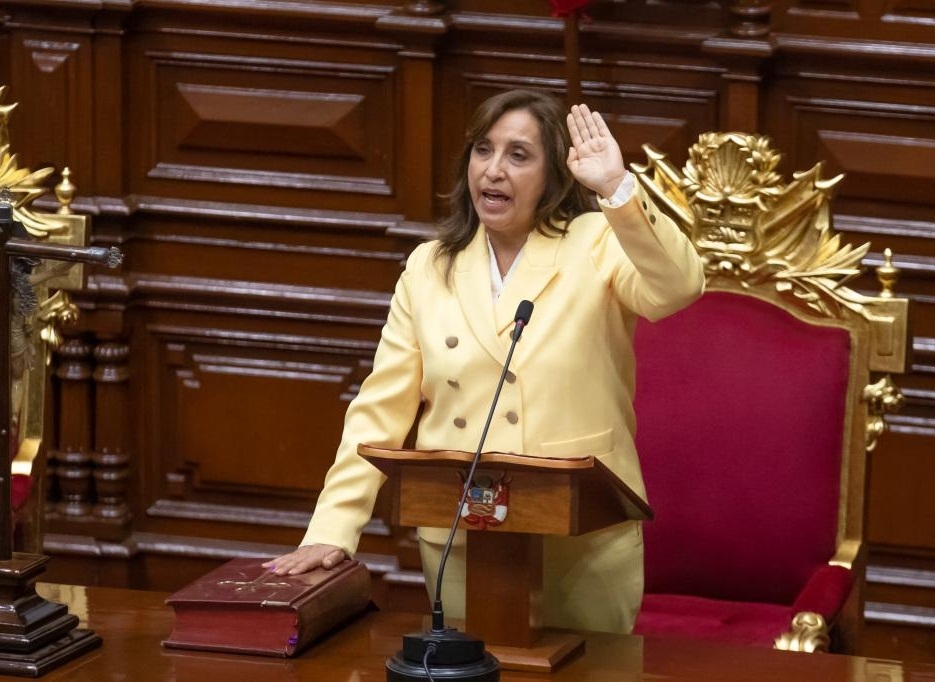Both sides reviewed their traditionally friendly relations and discussed ways to take forward cooperation in areas of mutual interest, including trade and investments…reports Asian Lite News
Peru on Saturday complimented India for giving voice to the South in the G20 and inviting President Dina Boluarte to participate in the Voice of Global South Summit, held earlier this year, according to a Ministry of External Affairs press release.
On Saturday, the 2nd India-Peru Joint Commission Meeting was co-chaired by Saurabh Kumar, Secretary (East) and Ignacio Higueras, Vice Minister of Foreign Affairs of Peru, in New Delhi.
Both sides reviewed their traditionally friendly relations and discussed ways to take forward cooperation in areas of mutual interest, including trade and investments, health and pharma, traditional medicines, mines & minerals, energy & renewables, science & technology, agriculture, defence, space, capacity building, education, culture and people to people exchanges, added the release.
They also discussed regional and multilateral issues of current relevance and took note of cooperation between the two countries in multilateral forums and international organizations.
Both sides agreed to exchange visits and organize a series of trade, cultural, educational, and other bilateral events as part of the celebrations to commemorate the 60th anniversary of diplomatic relations, read the release.
Notably, Peru has been in peril and gripped by protests and political intrigue since the ouster of its former president, Pedro Castillo on December 7.
Peru’s security forces imposed a 30-day state of emergency on December 14, banning demonstrations, curtailing freedom of movement and allowing police to search homes without a warrant.
Dina Boluarte, who served as Castillo’s vice-president, was sworn into office on Dec. 7, the same day Castillo was ousted.
She is the country’s first female president and was not a high-profile politician before gaining power.
She’s supported a plan to push up the 2024 elections for president and Congress initially scheduled for 2026. She’s also supported judicial investigations into whether security forces acted with excessive force.
Jaishankar’s African visit
India is making efforts to include concerns of the Global South in the G20 framework under its presidency, External Affairs Minister S Jaishankar said in Uganda’s Kampala.
Jaishankar, who visited Uganda and Mozambique last week, addressed members of the Parliamentary Forum on Indian Affairs in Uganda. “We (India) are doing it differently in the sense that no other chair of G-20 made an effort to consult all the countries of the Global South and ask it saying, look, you are not on the table. So what is your interest, what are the things you want? What are your concerns that we can put on the table on your behalf? We went through this very, very detailed, very exhaustive exercise in the month of January,” he said
The External Affairs Minister also stated that India would like to use its G-20 presidency to get the influential forum focused on its mandate of global growth and development issues.
“And of course, naturally, Uganda was participant as well. And today we would like to use the G-20 presidency really to get that forum to focus on what is its remedy, what was its mandate, which is global growth and global development issues, which are very important for you. Issues of green growth, issues of debt, issues of health, issues of SDG, developmental agenda, issues of digital delivery. I think all these are really the issues on which we would like the G-20 to focus,” Jaishankar said.
India assumed the Presidency of the G20 for one year from December 1 last year. The G20 Summit will be held in New Delhi on September 9-10 this year.
External Affairs Minister reiterated India’s full support to Uganda for a very successful chairship of the Non-Alignment Movement.
Uganda was endorsed to chair the Non-Aligned Movement on behalf of Africa for the period from 2022 to 2025.
The NAM chair position rotates every three years during summit conferences. The chair of the movement is assisted by both the former and incoming chairs. According to the movement, this structure represents its past, present and future. (ANI)






